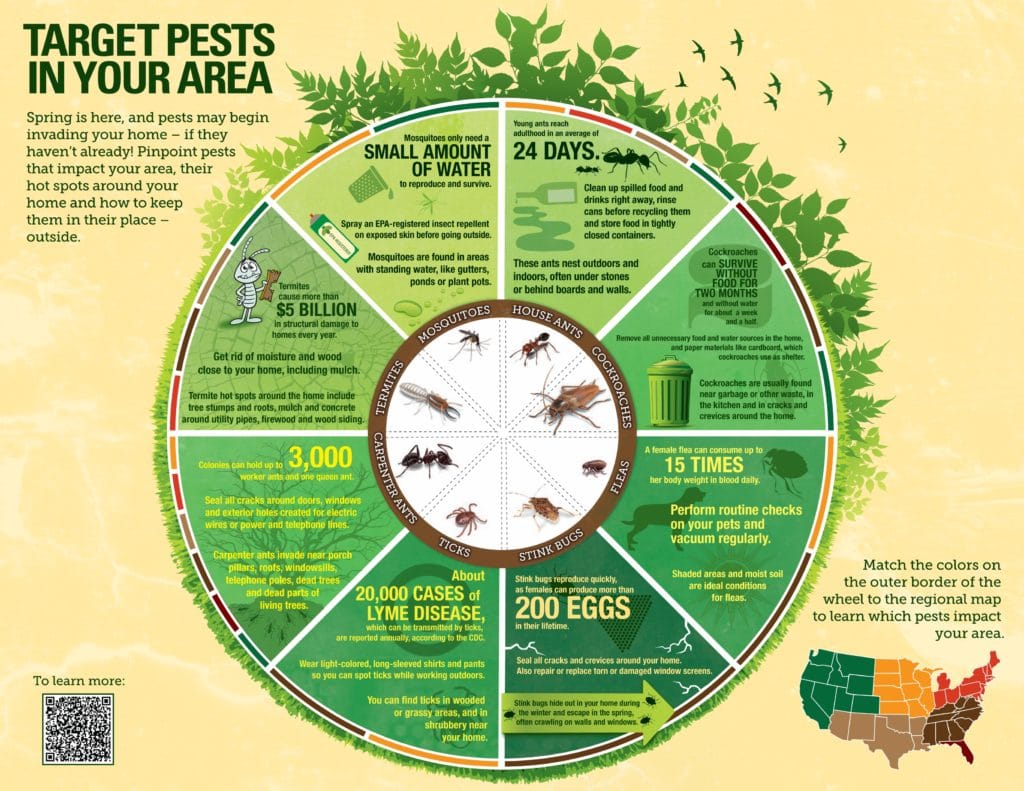Rodent-Proofing Your Attic: Essential Tips For Homeowners
Rodent-Proofing Your Attic: Essential Tips For Homeowners
Blog Article
Content By-Thybo Blankenship
Visualize your attic as a comfortable Airbnb for rats, with insulation as cosy as resort cushions and electrical wiring extra enticing than space service. Currently, visualize these undesirable guests tossing a wild event in your home while you're away. As a house owner, ensuring your attic is rodent-proof is not nearly satisfaction; it has to do with shielding your property and liked ones. So, what simple steps can you take to guard your refuge from these furry trespassers?
Examine for Entrance Points
To start rodent-proofing your attic, evaluate for entry points. Beginning by carefully taking a look at the outside of your home, seeking any openings that rats might use to access to your attic room. Check for gaps around utility lines, vents, and pipes, as well as any type of fractures or holes in the foundation or exterior siding. Make certain to pay close attention to areas where different structure products meet, as these prevail entry points for rats.
Additionally, inspect the roofing system for any kind of damaged or missing out on roof shingles, as well as any gaps around the edges where rats might press through. Inside the attic room, try to find indicators of existing rodent activity such as droppings, chewed cables, or nesting materials. Use a flashlight to extensively examine dark edges and covert areas.
Seal Cracks and Gaps
Examine your attic room extensively for any kind of fractures and voids that require to be sealed to avoid rodents from entering. Rats can squeeze through even the smallest openings, so it's vital to secure any potential access factors. Check around pipelines, vents, cords, and where the wall surfaces satisfy the roof covering. Use a mix of steel wool and caulking to seal these openings properly. Steel wool is a superb deterrent as rodents can not chew with it. Make certain that all voids are securely secured to reject access to undesirable insects.
Don't ignore the relevance of sealing spaces around windows and doors as well. Usage weather condition stripping or door moves to secure these areas successfully. Check the areas where utility lines get in the attic room and secure them off making use of a suitable sealant. By taking the time to secure all cracks and spaces in your attic room, you create an obstacle that rodents will find tough to violation. Avoidance is type in rodent-proofing your attic room, so be detailed in your initiatives to seal any prospective entry points.
Get Rid Of Food Sources
Take positive actions to remove or save all prospective food resources in your attic to prevent rodents from infesting the area. Rats are brought in to food, so removing their food resources is important in keeping them out of your attic.
Right here's what you can do:
1. ** Store food securely **: Avoid leaving any food things in the attic room. Store all food in airtight containers made from steel or heavy-duty plastic to prevent rodents from accessing them.
2. ** Clean up particles **: Remove any piles of particles, such as old newspapers, cardboard boxes, or wood scraps, that rodents can use as nesting product or food resources. Maintain the attic clutter-free to make it much less attractive to rats.
3. ** Dispose of rubbish properly **: If you use your attic room for storage and have waste or waste up there, make certain to throw away it regularly and properly. Decaying Read the Full Write-up can attract rats, so keep the attic tidy and without any natural waste.
Final thought
To conclude, keep in mind that an ounce of prevention is worth an extra pound of treatment when it concerns rodent-proofing your attic.
By taking the time to check for entry factors, seal fractures and gaps, and eliminate food resources, you can maintain undesirable pests away.
Keep in flying ant control , 'An ounce of prevention is worth an extra pound of treatment' - Benjamin Franklin.
Stay proactive and shield your home from rodent problems.
